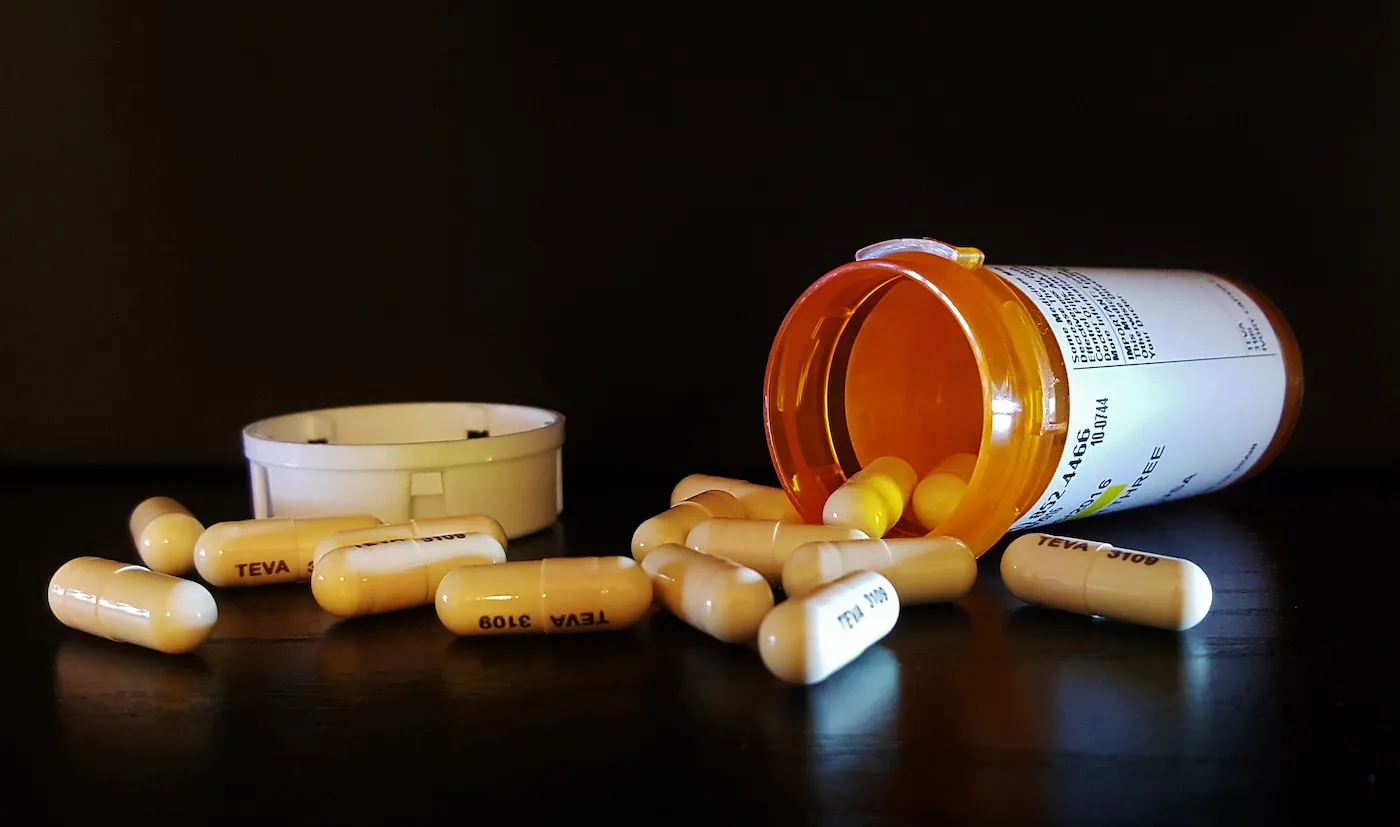
This nation declares health emergency amid medicine shortages
A Southern African nation declares a public health emergency as hospitals run out of essential medicine, highlighting urgent challenges in healthcare and funding.

Botswana declared a public health emergency on Monday after hospitals ran out of essential medicines, as depleted government funds and sharp cuts in US aid crippled the supply chain.
The diamond-rich southern African nation depends heavily on mining to drive its economy but continues to face challenges that have drained gem revenues, leaving most of its 2.5 million citizens struggling with unemployment and high poverty rates.
In a televised address on Monday, President Duma Boko said the medical supply chain had collapsed and announced more than $18 million (R317 million) in emergency funding to restock clinics and hospitals.
“This scenario is not sustainable. We are taking bold steps to ensure that never again will Botswana suffer due to broken systems,” he said, adding that the military would oversee drug distribution.
Earlier this month, Botswana’s health ministry warned that the system was “severely strained” with $75 million owed to private health facilities and suppliers.
It cited shortages of medicines for hypertension, cancer, diabetes, tuberculosis, asthma, mental and sexual health, and stated that elective surgeries were postponed.
Botswana’s vast diamond reserves, discovered just after independence from Britain in 1966, make up about 80% of the country’s foreign earnings.
But sales have weakened in recent years, pushing a cash-strapped government to suspend certain ministerial purchases last month.
Sweeping cuts in US aid under President Donald Trump have further strained the economy.
Before the cuts, the United States funded a third of Botswana’s HIV response, according to UNAIDS, and provided $12 million through the Global Fund to fight malaria and tuberculosis.
The United Nations agency for children (UNICEF) said “urgent action” was needed to address the deepening medical crisis in the country, adding that one in five children was underweight in a western district near the Namibian border.